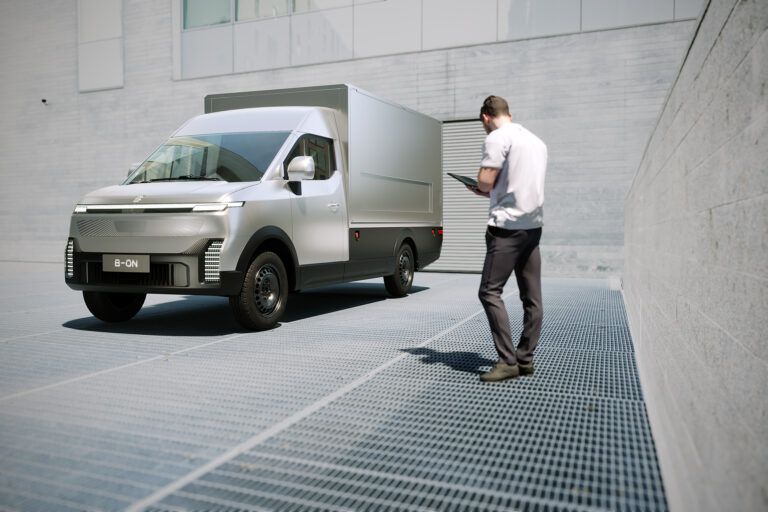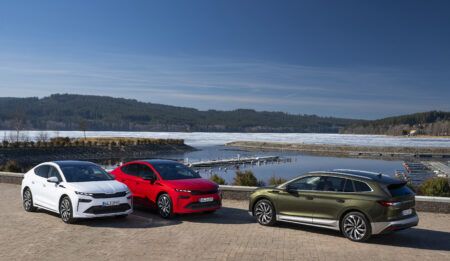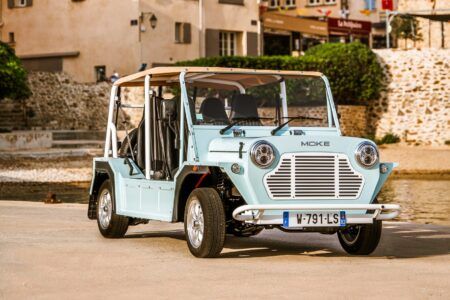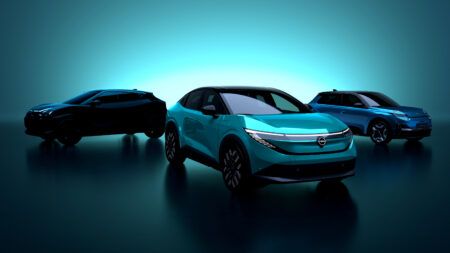B–ON, leading provider of electric vehicles, smart productivity-enhancing tools, and electric solutions for commercial fleets, has shown its Pelkan electric light commercial vehicle (eLCV) and innovative smart dispenser technology on US soil for the first time at the Consumer Electronics Show (CES) in Las Vegas.
Pelkan is the first offering in the company’s next-generation line-up of productive vehicles and tools and will be available in both 54 and 43 kWh variants. B–ON expect the Pelkan to achieve a class-leading payload of 2,720 to 2,910 lbs (1,234 to 1,320 kg) combined with a long battery range of up to 185 miles (298 km). It’s also designed to be more ergonomic for drivers and more cost-competitive for business owners than comparable offerings in its class.
B–ON also revealed its proprietary smart dispenser technology, designed to significantly reduce the time required for drivers to load and unload packages in last-mile delivery use cases. Made up of a rotating set of shelves that sit in the vehicles’ cargo box, the tech scans the address of each package as it is loaded into a shelf and uses GPS to automatically retrieve the corresponding package as the driver arrives at its destination. No sorting or stacking is required, and the system will also indicate to the driver if the wrong package is pulled at the destination. Designed to be offered as a stand-alone add-on or integrated into the Pelkan, the company estimates that the tech pays for itself within six months of use due to the increase in productivity for drivers.
“Productivity is not just a metric for us; it’s a philosophy that drives our commitment to creating vehicles that enhance efficiency and profitability,” said Bruno Lambert, B–ON’s CEO. “That’s why we are also proudly showcasing our commitment to the #SpaceForCities campaign and urging colleagues, partners and peers to join the movement.”
Highlighting its commitment to urban sustainability, B–ON proudly supports the #SpaceForCities movement, advocating for more efficient vehicle utilization. The company showcased this initiative at CES, emphasizing the importance of productivity in reducing the number of delivery vehicles on the road, ultimately creating more space in cities.





